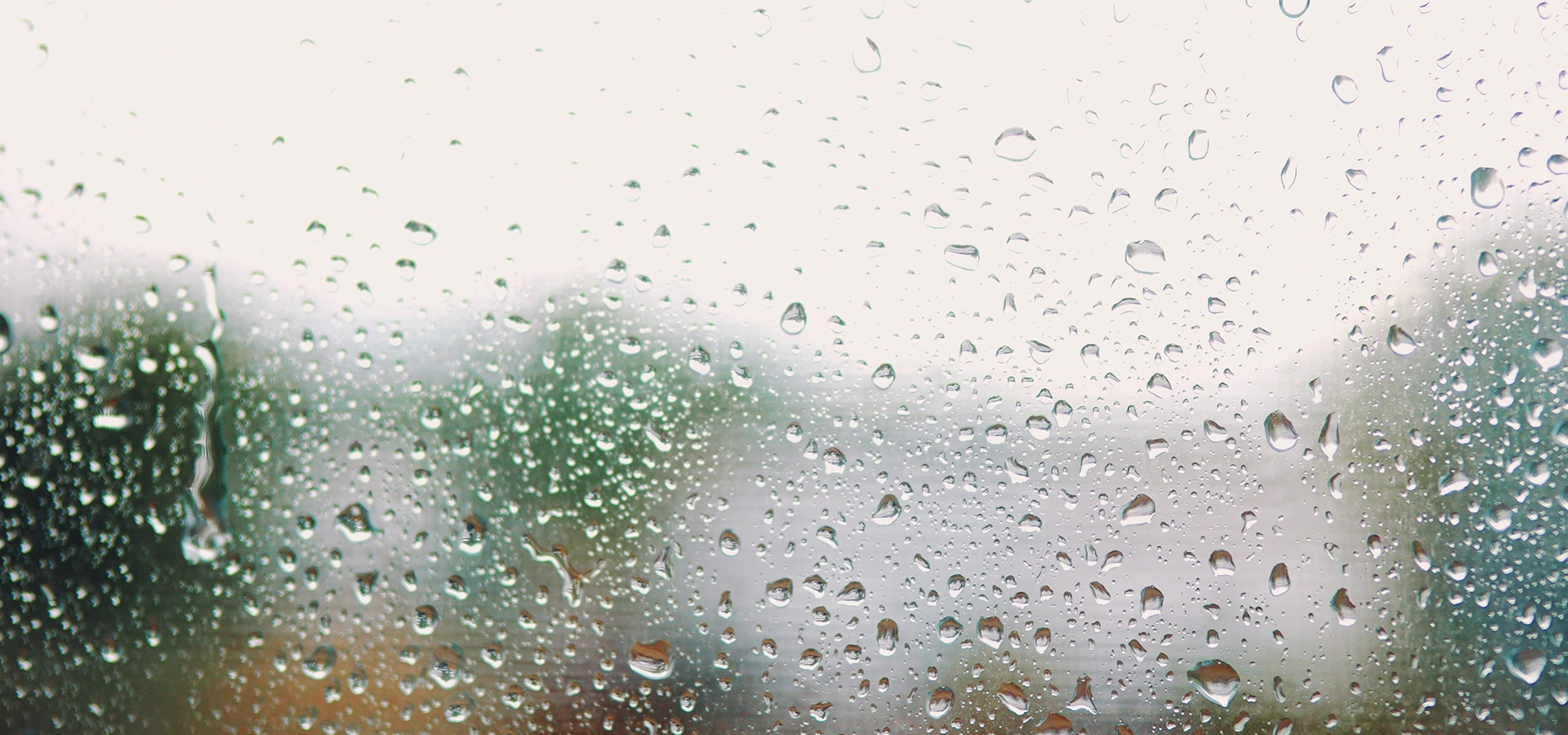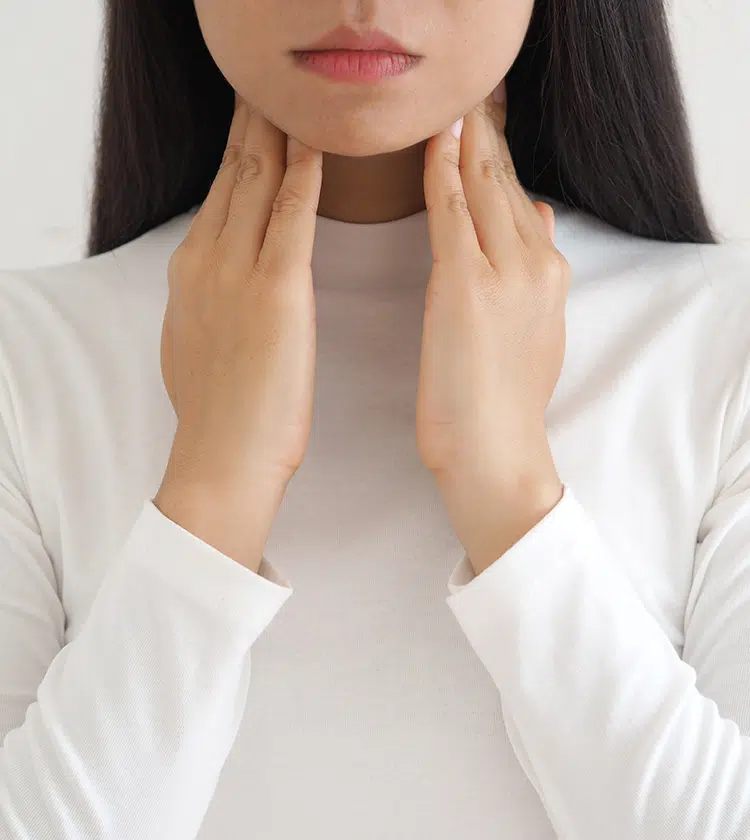
Post-Nasal Drip Treatment in Philadelphia, PA
Understanding Post-Nasal Drip
Post-nasal drip occurs when excess mucus accumulates in the back of the throat and nasal passages. This mucus is usually produced to keep the nasal passages moist and trap debris, but when overproduced, it can lead to discomfort, throat irritation, and coughing. While post-nasal drip is not a condition itself, it is a symptom of underlying issues such as allergies, infections, or sinus problems.
Many individuals experience post-nasal drip at some point in their lives, and while it may be a temporary inconvenience, persistent or chronic post-nasal drip can significantly impact daily life. Understanding the causes, symptoms, and treatment options is essential for finding relief and preventing further complications. Fortunately, with the expertise of the ENT specialists at Becker ENT & Allergy in Philadelphia, effective diagnosis and treatment options are available to help patients manage this condition.
Types of Post-Nasal Drip
Post-nasal drip can vary based on its underlying cause. Some individuals may experience post-nasal drip seasonally, while others may have it chronically due to long-term exposure to allergens or irritants. Identifying the specific type of post-nasal drip is crucial for determining the appropriate treatment plan. The different types include:
Allergic Post-Nasal Drip
Triggered by allergens such as pollen, dust, pet dander, or mold.
Infectious Post-Nasal Drip
Caused by bacterial or viral infections such as the common cold or sinusitis.
Non-Allergic Rhinitis
Occurs due to irritants like smoke, pollution, or strong odors.
Gastroesophageal Reflux Disease (GERD)-Related Post-Nasal Drip
Arises when stomach acid irritates the throat and nasal passages.

What Causes Post-Nasal Drip?
Post-nasal drip can occur due to a variety of factors. The body naturally produces mucus to keep nasal passages moist, but when mucus production increases due to infection, allergens, or other triggers, it can become problematic. Some of the most common causes include:

Symptoms of Post-Nasal Drip
The symptoms of post-nasal drip can range from mild to severe, depending on the underlying cause. Many individuals experience persistent throat irritation, a constant need to clear their throat, and an uncomfortable sensation of mucus buildup. Symptoms may include:



Risk Factors for Developing Post-Nasal Drip
Certain individuals are more prone to developing post-nasal drip due to specific risk factors. Those with underlying allergies, sinus infections, or exposure to irritants may experience chronic symptoms. Risk factors include:
Post-Nasal Drip: Consultation & Diagnosis
If post-nasal drip persists for more than ten days, causes difficulty breathing, or is accompanied by fever, it’s essential to seek medical attention. At Becker ENT & Allergy in Philadelphia, our team of expert ENT specialists can diagnose and treat post-nasal drip with precision and care.
During your consultation, our ENT specialists will conduct a thorough evaluation to understand your symptoms, medical history, and potential triggers. The consultation typically includes:
Our specialists will ask about your symptoms, their duration, and any potential triggers such as allergies, infections, or environmental irritants.
Comprehensive Medical History
A detailed examination of the nasal passages, throat, and ears will be performed to look for signs of inflammation, infection, or structural abnormalities.
Physical Examination
A small, rigid or flexible camera may be used to examine the inside of your nasal passages and/or throat for obstructions, infections, or signs of post-nasal drainage.
Nasal Endoscopy
If allergies are suspected as the underlying cause, testing may be recommended to identify specific allergens.
Allergy Testing
In some cases, X-rays or CT scans may be ordered to check for sinus infections, nasal polyps, or other structural issues affecting mucus drainage.
Sinus Imaging
If acid reflux or bacterial infections are suspected, additional tests such as a throat culture or pH monitoring may be conducted, often in coordination with our colleagues in Gastroenterology.
Throat Culture or pH Monitoring
Once the underlying cause of post-nasal drip is determined, our ENT specialists will develop a personalized treatment plan tailored to your specific needs. Treatment options may include medications, lifestyle modifications, or advanced interventions if necessary. Our goal is to provide long-lasting relief and improve your overall quality of life.
Treatment Options for Post-Nasal Drip
The best treatment for post-nasal drip depends on its underlying cause. Our specialists offer a variety of treatments to relieve symptoms and address the root issue. Treatment plans may include medications, lifestyle adjustments, and in some cases, advanced medical procedures.
Medications
For many patients, medications provide significant relief from post-nasal drip. Depending on the cause, treatment options may include:
- Antihistamines: Reduce allergic reactions and mucus production
- Decongestants: Help clear nasal passages by reducing swelling
- Nasal corticosteroids: Reduce inflammation and mucus buildup
- Antibiotics: If a bacterial infection is present
- Proton pump inhibitors (PPIs): For post-nasal drip caused by acid reflux
Home Remedies & Lifestyle Changes
Some patients find relief by making simple lifestyle adjustments. Recommended home remedies include:
- Saline nasal irrigation: Helps clear mucus from the nasal passages
- Hydration: Drinking plenty of water thins mucus
- Humidifiers: Adding moisture to the air can relieve dryness and irritation
- Avoiding triggers: Reducing exposure to allergens or irritants
Dietary adjustments: For those with GERD-related post-nasal drip
Advanced Treatments
For chronic or severe cases of post-nasal drip, advanced treatments may be necessary:
- Nerve ablation procedures
- Allergy immunotherapy (allergy shots)
- Sinus surgery for chronic sinusitis
- Balloon sinuplasty to improve nasal drainage
Tips for Preventing Post-Nasal Drip
Preventing post-nasal drip involves managing risk factors and making lifestyle adjustments:
Why Choose an ENT Specialist?
ENT specialists (ear, nose, and throat doctors) have extensive training and experience in diagnosing and treating conditions affecting the upper respiratory system. Unlike general practitioners, ENT doctors have specialized knowledge in nasal and sinus issues, allowing them to provide more targeted treatments for post-nasal drip. At Becker ENT & Allergy, our team of highly skilled physicians offers a patient-centered approach, utilizing the latest diagnostic tools and treatment techniques to ensure effective relief. We work closely with each patient to develop a personalized care plan that addresses the root cause of their symptoms, leading to long-term improvements in their health and quality of life.
Becker ENT & Allergy in Philadelphia
Becker ENT & Allergy has multiple locations to serve patients throughout Pennsylvania and New Jersey. In Philadelphia, we have two convenient offices:
Walnut Street Office
1608 Walnut St Suite 902
Philadelphia, PA 19103
Phone: (215) 929-8301
South Street Office
1740 South St Suite 401
Philadelphia, PA 19146
Phone: (215) 671-6330
We also have additional locations in Voorhees, Princeton, Robbinsville, and other areas in New Jersey and Pennsylvania. Contact us today to schedule an appointment and get relief from post-nasal drip with expert care from our ENT specialists.
Expert Care for Post-Nasal Drip in Philadelphia, PA
If you are experiencing persistent post-nasal drip, the specialists at Becker ENT & Allergy in Philadelphia can help. Our team of highly trained ENT doctors provides expert diagnosis and personalized treatment plans to relieve symptoms and improve your quality of life. Schedule a consultation today to find the relief you need.


